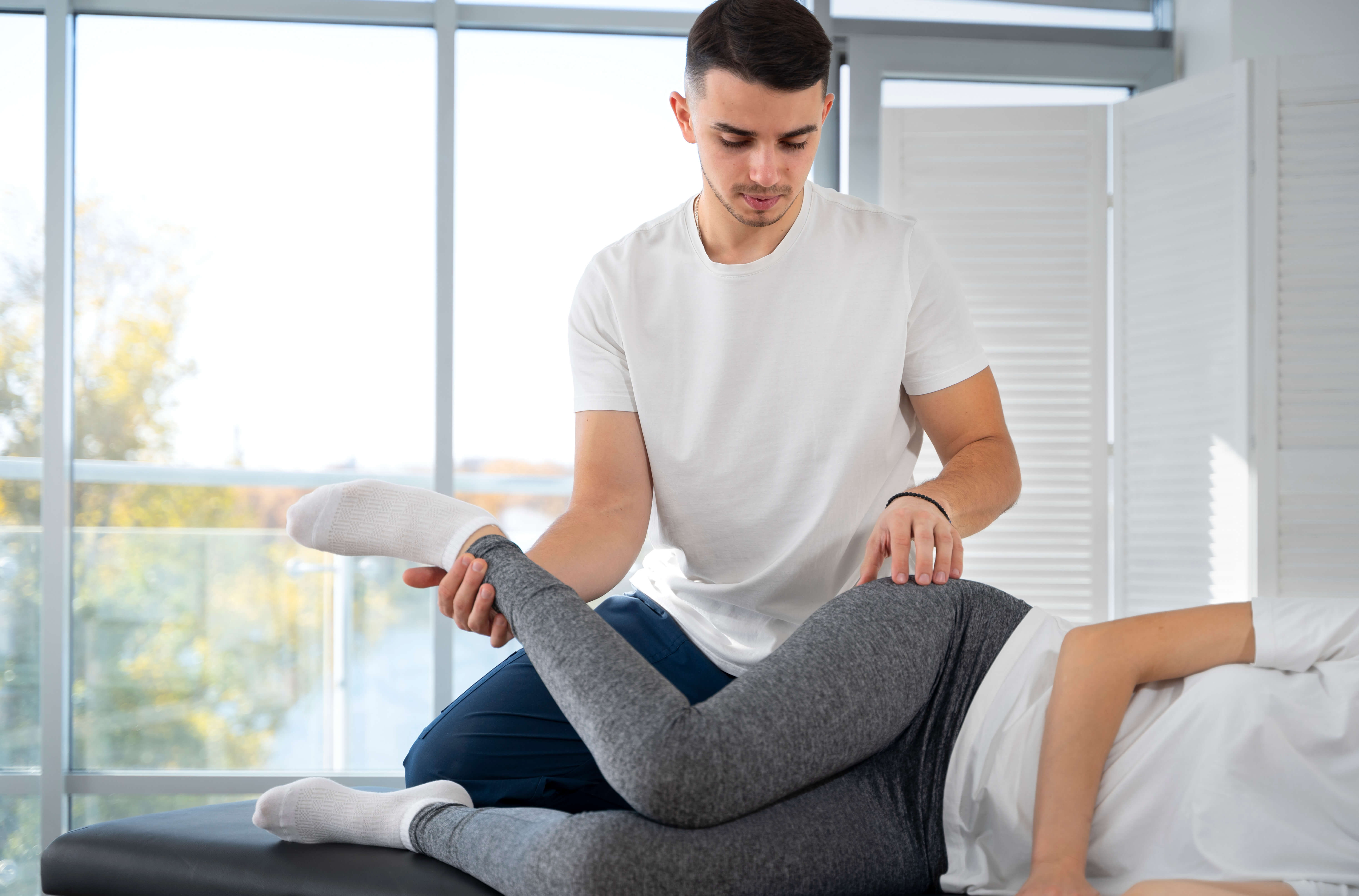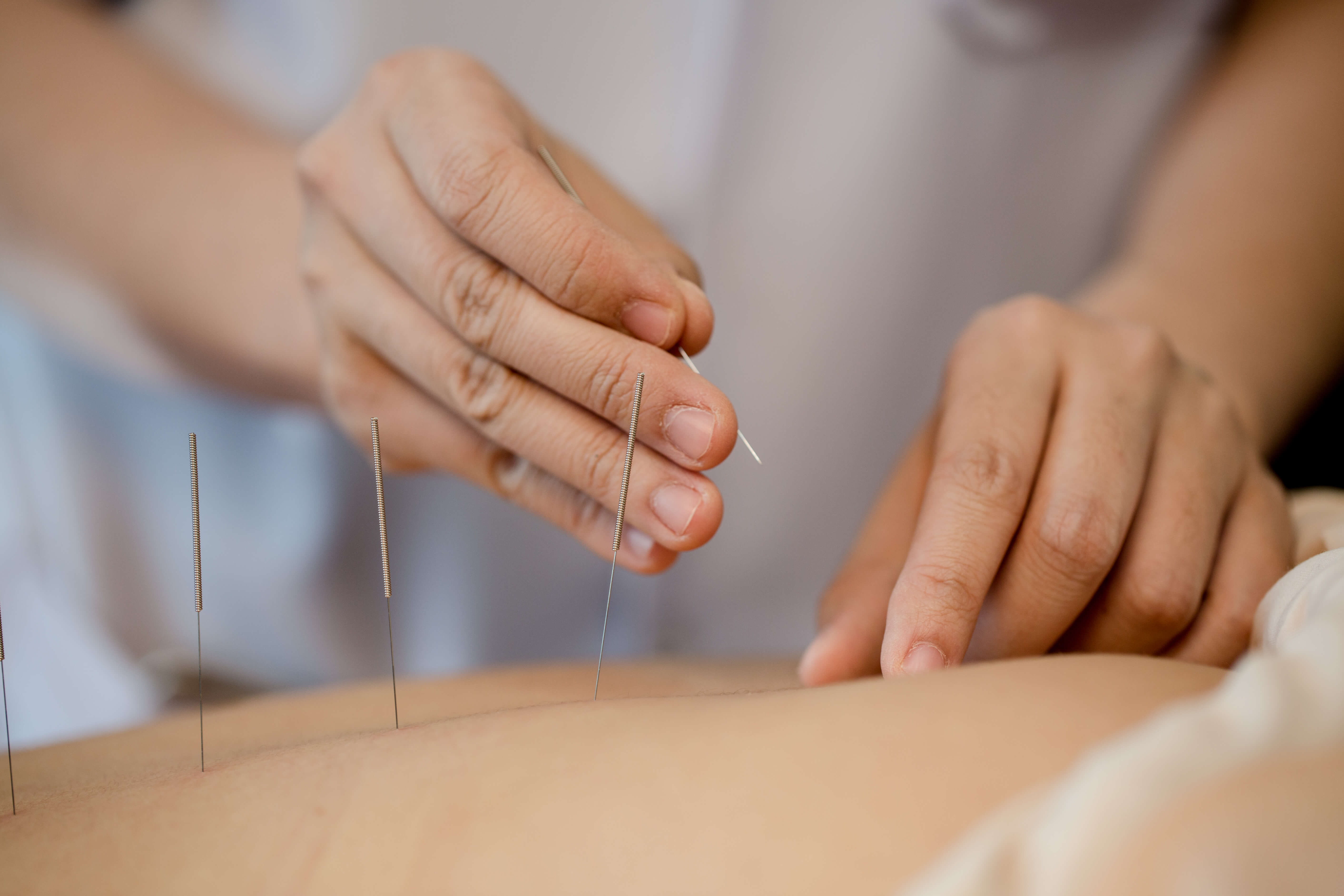Research shows that nearly 80% of adults experience musculoskeletal pain at some point. Many start with minor aches but delay treatment, which can cause long-term problems. Small pains often signal underlying issues. Ignoring them lets these issues worsen. At the Health Centre of Milton, we see how early care helps prevent serious injuries. Understanding why you should never ignore minor aches can protect your health and save you from chronic pain.
Your Body’s Warning System
Pain is your body’s way of telling you something is wrong. When you have a small ache, it may mean a muscle is tight, a joint is restricted, or an injury healing poorly. If you ignore these signs, the problem can worsen. What starts as a small issue may lead to chronic pain, reduced movement, or even injury.
How Minor Aches Turn Into Major Problems
When pain is ignored, your body changes how it moves to avoid discomfort. This is called compensation. For example, if your knee hurts, you may walk differently to protect it. Over time, this puts extra strain on other parts like your hips or back. This can cause new aches and injuries.
Repeated strain and poor posture caused by untreated pain often lead to muscle imbalances. These imbalances make you more likely to have sprains, strains, and joint problems. What was once a minor ache becomes a chronic condition that takes longer to treat.
The Role of Physiotherapy in Preventing Major Issues
Physiotherapy helps treat minor aches before they become big problems. At our clinic in Milton, physiotherapists use techniques to reduce pain, improve movement, and restore strength. Early treatment helps you avoid compensation patterns and keeps your body balanced.
Milton physiotherapy is focused on personalized care. Your therapist will assess your movement and find the root cause of your pain. Treatment might include exercises, manual therapy, or advice on posture. These steps support healing and prevent future injury.
When to See a Physiotherapist in Milton
Not every ache requires a visit to a physiotherapist. However, if you have pain that lasts more than a few days, worsens, or limits your daily activities, it’s time to seek help. Early intervention can save you from costly and lengthy treatments later.
Even small discomfort after work, exercise, or sitting too long can be a sign to get checked. Health Centre of Milton physio recommends listening to your body and acting early. This approach keeps you active and pain-free longer.
Simple Steps to Manage Minor Aches at Home
While professional care is important, some minor aches can be managed at home with the right habits:
- Rest: Give your body time to heal without overusing the painful area.
- Ice: Apply ice packs to reduce swelling and numb pain.
- Stretching: Gentle stretching keeps muscles flexible and helps blood flow.
- Posture: Keep good posture to avoid extra strain on muscles and joints.
- Movement: Light movement or walking helps maintain mobility without stressing injuries.
If your pain doesn’t improve with these steps in a few days, see a physiotherapist in Milton.
Why Choose Health Centre of Milton for Physiotherapy?
At the Health Centre of Milton, we focus on treating the whole person, not just the pain. Our Milton physiotherapy team uses a mix of treatments tailored to your needs. We combine manual therapy, exercise, and education to help you recover fully.
We also teach you ways to avoid future injuries. Our goal is to get you back to your daily life stronger and more confident. Don’t let minor aches slow you down. Early treatment is key.
Final Words
Minor aches may seem small, but they are important signals. Ignoring them can lead to bigger problems that affect your quality of life. Early care from a qualified physiotherapist in Milton can stop pain before it grows worse.
If you feel any persistent aches or pains, don’t wait. Contact the Health Centre of Milton for expert advice and care. Your body will thank you.
Have you ever felt like your joints are getting stiff or painful? Do they make simple tasks feel harder to do? Getting out of bed, going for a walk, or just reaching for something, joint stiffness is one of the biggest struggles you are facing these days? There is no need to worry as there are ways to improve movement and that can also help in reducing pain. This is done through physiotherapy at our clinic in Milton.
Joint mobilization techniques assist in getting you moving again; they bring relief from discomfort and make everyday activities easier.
If you’re tired of feeling stuck or in pain, it might be time to explore joint mobilization with your physiotherapist.
What Exactly Is Joint Mobilization in Physiotherapy?
Joint mobilization is a hands-on technique which helps in improving the movement of stiff or painful joints. This technique stretches and relaxes the tissues around your joints, improving mobility and reducing discomfort. This is all done through gentle and controlled movements.
It is easy to find relief from tightness or pain in joints such as your shoulders, knees, hips, back, or ankles. If you have been injured in an accident, or dealing with a long-term condition like arthritis, or just feeling stiffness in your joints, physiotherapy in Milton can help get you moving again.
How Does Joint Mobilization Actually Work?
Joint mobilization can really help in different ways:
- If your joint isn’t moving well, it’s usually because the muscles, ligaments, and tendons around it are tight. By gently moving the joint, this technique can help relax those areas, making it easier to move.
- Joint mobilization is known for stretching the tissues which result in improving blood flow. This method also reduces swelling and pain.
- As your joints become looser, they will function properly. This will make you bending, walking, or even lifting tasks easier and pain free.
Different Ways Physiotherapists Use Joint Mobilization
At our clinic in Milton, we make sure to use different techniques in physiotherapy. This helps in taking care of your specific needs. Here are some of the most common ones:
· Graded Mobilization: In this technique we will move your joints in small and controlled ways. This will slowly increase the motion over time.
· Sustained Hold: Our experts will hold the joint in one position for a short duration, then will gently stretch the muscles and ligaments around it.
· Oscillation: We will assist in making small and rhythmic movements to help relax the joint, reduce pain, and improve movement.
What Conditions Can Joint Mobilization Help With?
There are many conditions which are treated with joint mobilizations. These conditions include:
- Stiffness – faced after surgery
- Arthritis – when your bones are giving you hard time
- Back pain – making your movement painful
- Knee pain – stiffness in the muscles and joints
- Ankle pain – unable to stretch or walk
- Shoulder problems – due to frozen shoulder or rotator injuries
- And many more
It’s important to know that joint mobilization should only be done by a trained physiotherapist. If not done correctly, it could make things worse, so always seek professional care.
Summing Up
Joint mobilization brings back improved mobility and assists in easing pain. Whether you’re recovering from an injury or dealing with chronic pain, this is one of the most recommended techniques to get you back to doing what you love.
The goal of physiotherapy in Milton is not just to treat pain but to improve your quality of life. With joint mobilization, you’re investing in your movement and overall well-being. So, if you’re tired of feeling stiff or restricted, it’s time to take the next step and talk to a physiotherapist about joint mobilization.
Acupuncture has become an increasingly popular treatment alongside physiotherapy in recent years. This is a traditional practice, which comes from Chinese medicine, where the use of the tiny needles is made. They are inserted into specific points on the body to make the most of the healing and restore balance.
While physiotherapy focuses on rehabilitation, when it is combined with acupuncture it can offer additional benefits.
In this blog, we’ll look into how acupuncture in Milton can improve your physiotherapy treatments and help you feel better overall.
1. Pain Relief with Acupuncture
One of the benefits of acupuncture in physiotherapy is the ability to relieve pain. Acupuncture stimulates the body’s nervous system, this helps in releasing endorphins—natural chemicals that reduce pain.
Whether you’re facing back pain, joint discomfort, or muscle tension, acupuncture can help. By targeting the right acupuncture points, physiotherapists can assist in reducing pain and make your recovery more comfortable.
If you’re in search of an effective and natural way to manage pain, Milton acupuncture may be just what you need.
2. Improved Blood Flow for Faster Healing
Acupuncture stimulates circulation, which is a major role player in the healing process. Acupuncture needles are usually inserted to help expand blood vessels, increasing the flow of oxygen and nutrients to injured areas.
This stimulated blood circulation assists tissues in healing quickly and removes waste from the body more efficiently. By combining physiotherapy acupuncture into your treatment plan, it will speed up recovery and improve the effectiveness of your physiotherapy sessions.
3. Reducing Inflammation
Inflammation after an injury often leads to pain and swelling. Fortunately, acupuncture has natural anti-inflammatory effects. By stimulating certain points in the body, acupuncture helps release substances that reduce swelling and inflammation.
This can lead to a quicker recovery and less discomfort during your healing process. For those dealing with inflammation-related issues, Milton acupuncture can be an excellent addition to your physiotherapy routine.
4. Relaxation and Stress Relief
Physiotherapy can sometimes feel demanding, both physically and mentally, especially when recovering from injuries or managing chronic conditions.
Acupuncture helps reduce stress by promoting relaxation and boosting the production of endorphins, which are the body’s natural “feel-good” chemicals. This not only makes you feel more relaxed but can also ease muscle tension, helping you get the most out of your physiotherapy sessions.
Incorporating acupuncture into your treatment plan can make the whole process more comfortable and less stressful.
5. Better Flexibility and Range of Motion
Acupuncture is a great way to improve flexibility and range of motion. It targets specific acupuncture points that relax tight muscles and improve joint mobility.
This can be particularly helpful if you are recovering from surgery, sports injuries, or conditions that limit your movement. By combining acupuncture with physiotherapy, you can see faster improvements in flexibility and movement, leading to a quicker recovery and better results.
6. A Holistic Approach to Healing
Acupuncture offers a holistic approach to healing, which works well alongside physiotherapy. Both therapies aim to address the root causes of pain and dysfunction rather than just treating the symptoms.
By combining acupuncture with physiotherapy, you can benefit from a comprehensive treatment plan that considers your physical, mental, and emotional well-being. With the help of Milton acupuncture, your recovery becomes a balanced and all-encompassing healing experience.
Summing Up
Acupuncture in Milton offers a valuable addition to traditional physiotherapy. Whether it’s for pain relief, improved circulation, reduced inflammation, or relaxation, acupuncture can enhance your recovery and help you feel better faster.
By combining acupuncture with physiotherapy, you’ll get a well-rounded treatment plan that promotes healing on all levels. If you’re considering physiotherapy, look for our practitioners at Health Center of Milton who offer acupuncture as part of their services.
The combination of physiotherapy acupuncture could be exactly what you need to get back to feeling your best.



